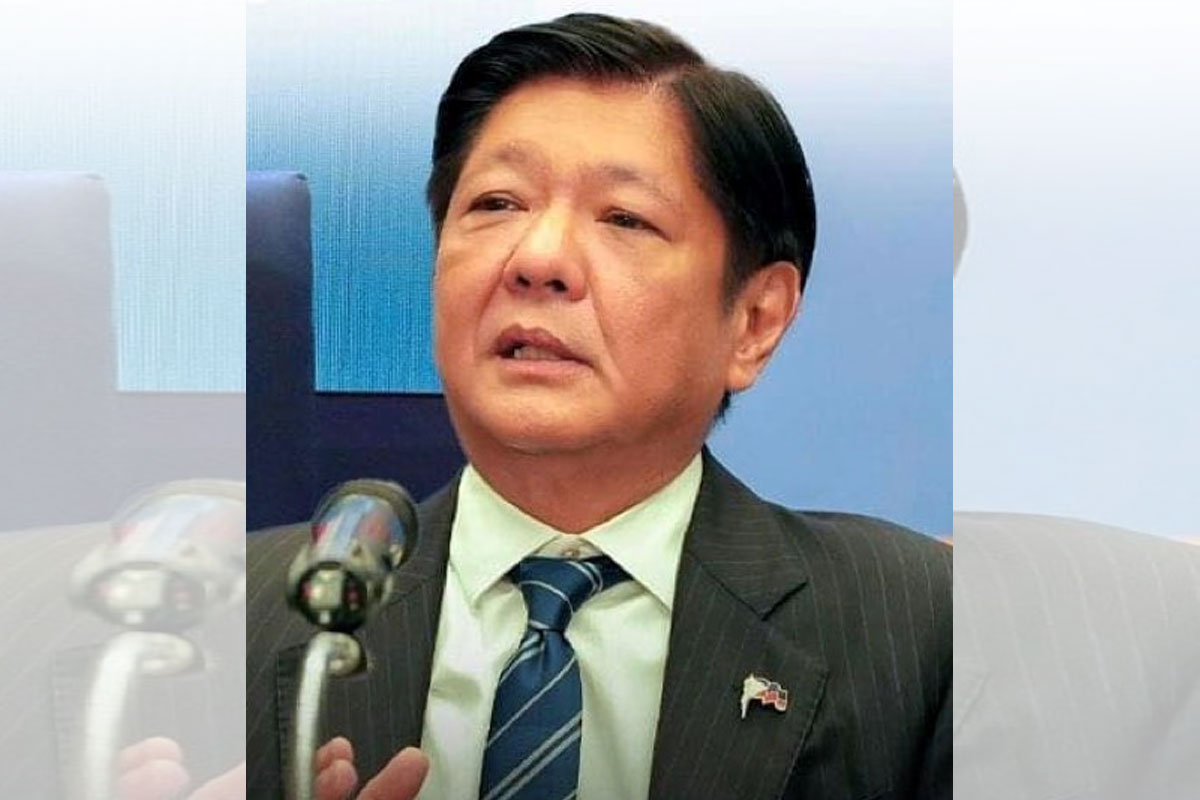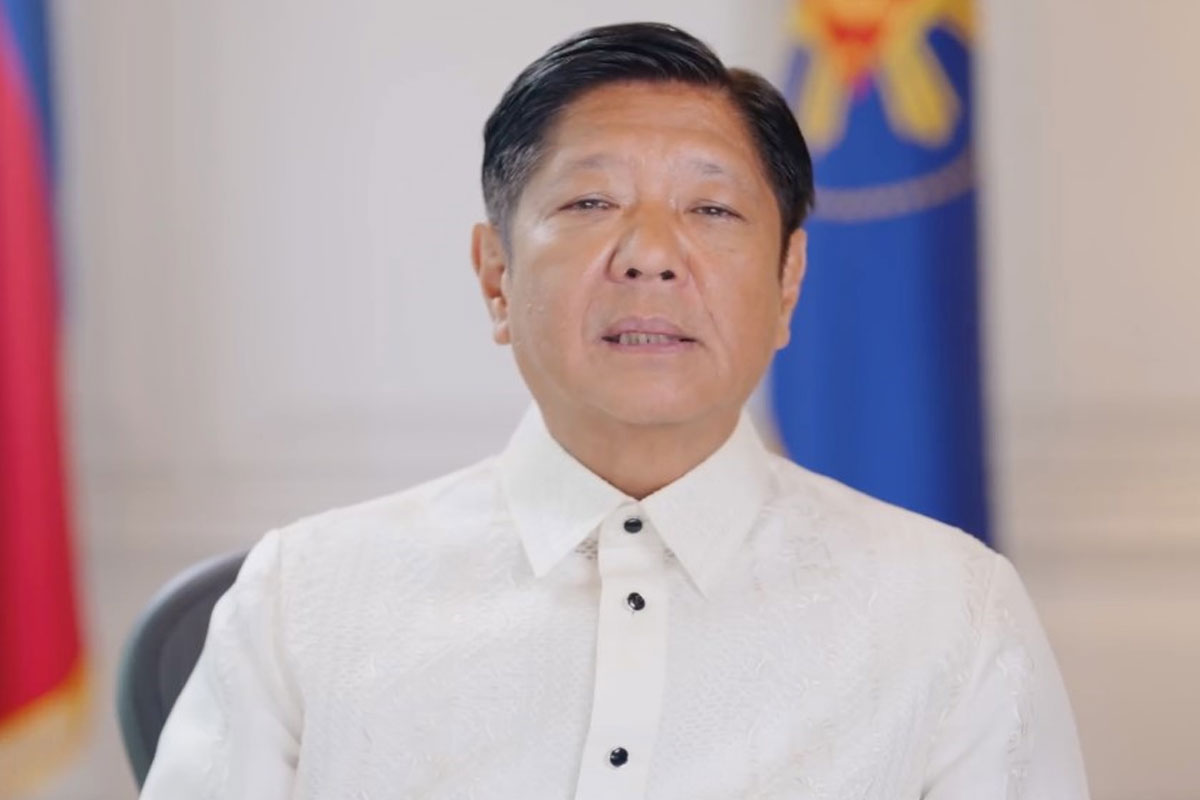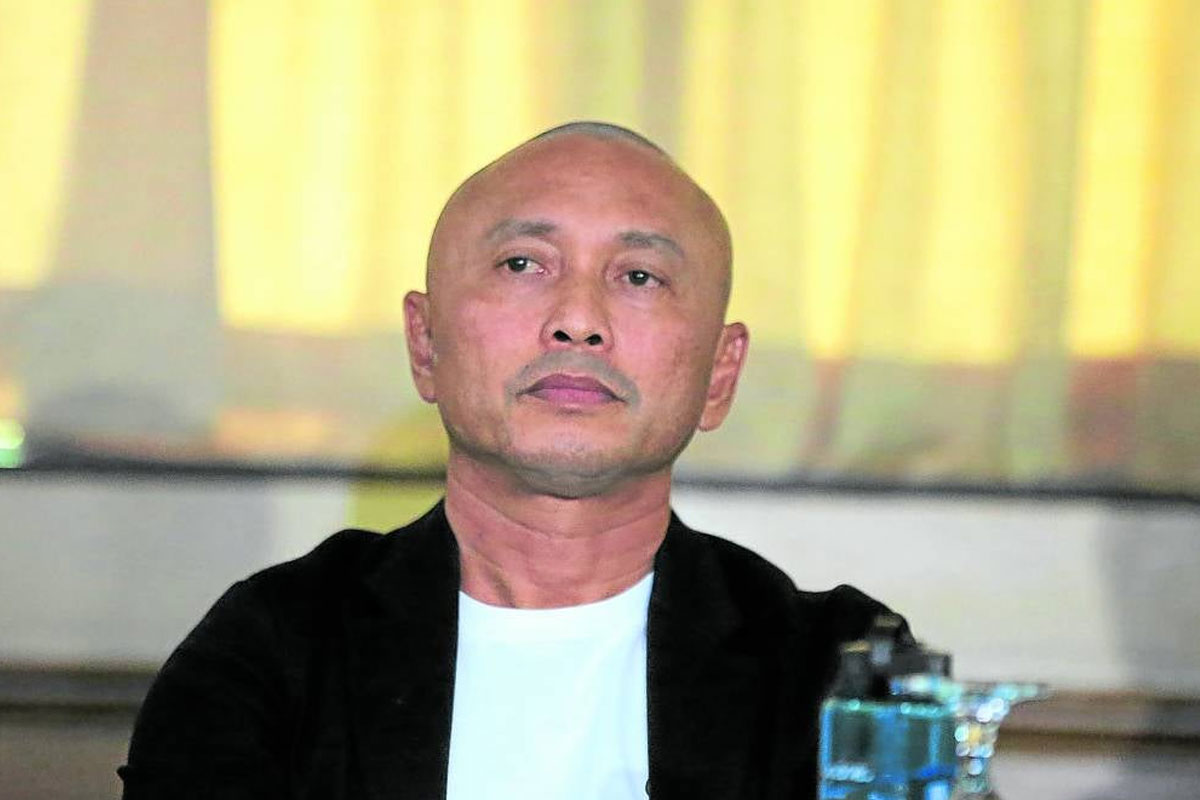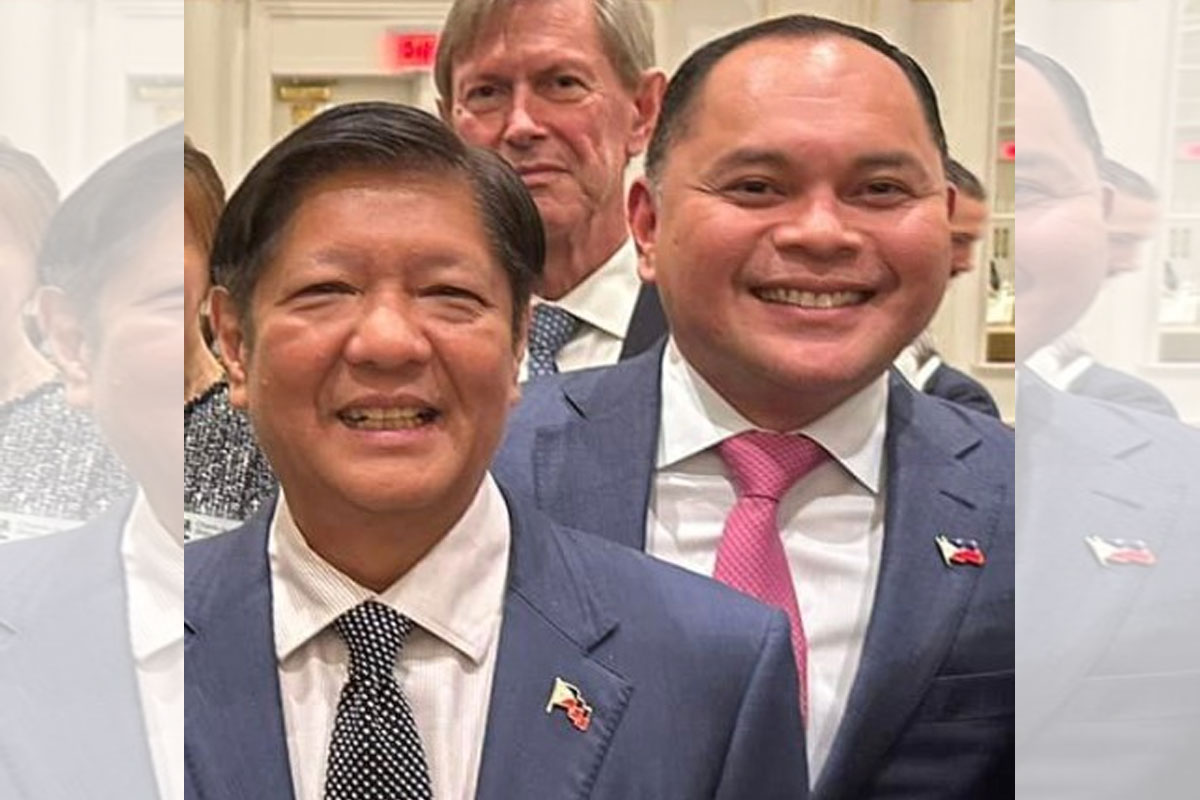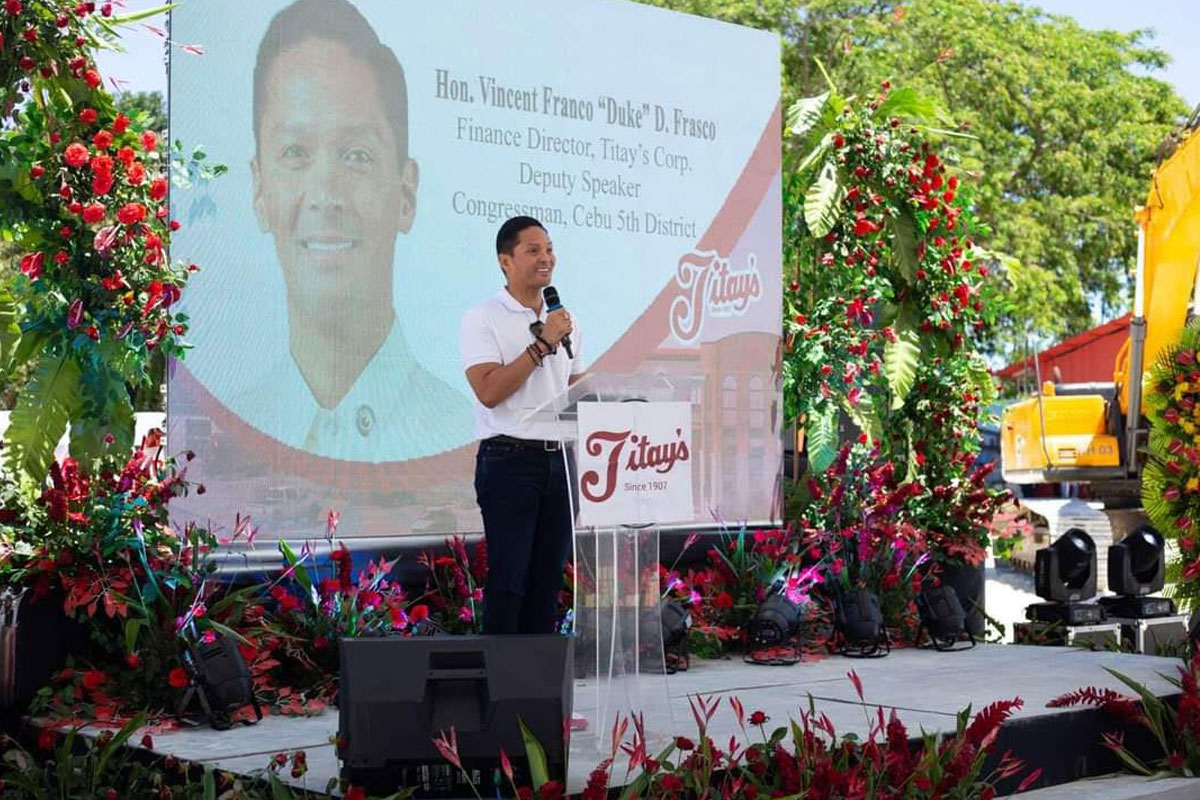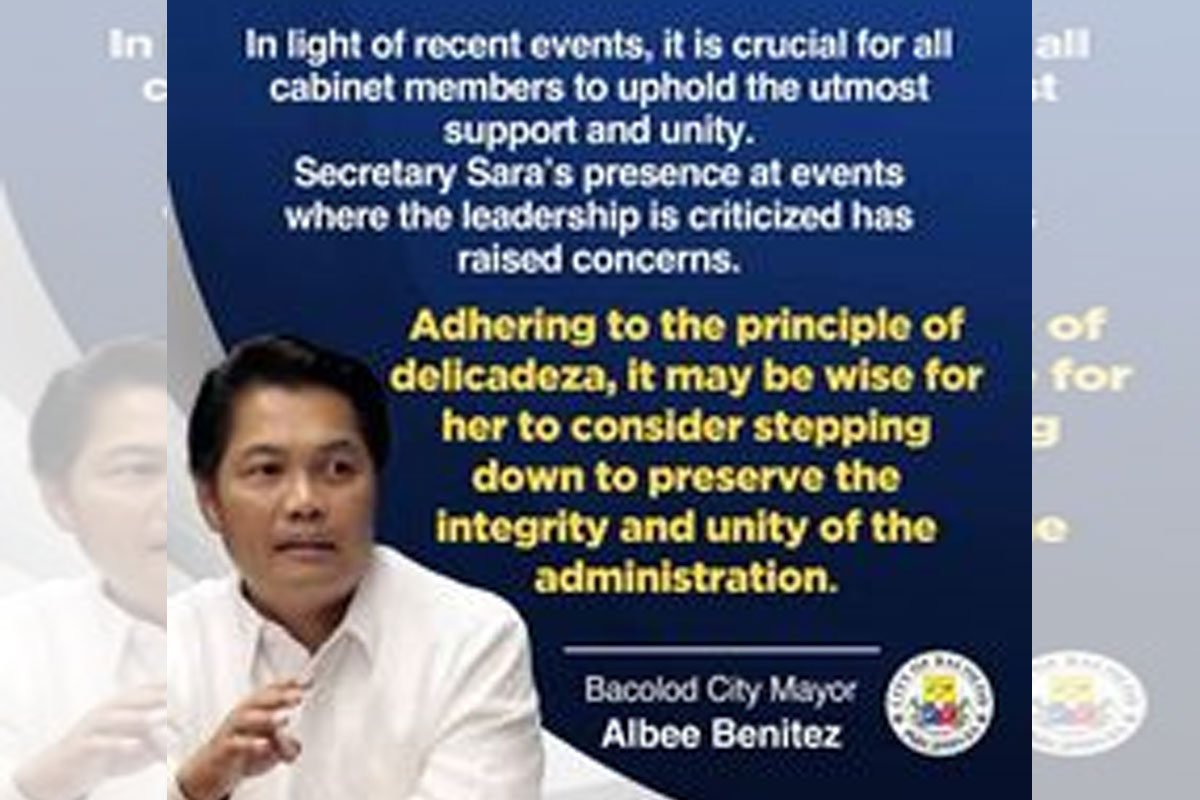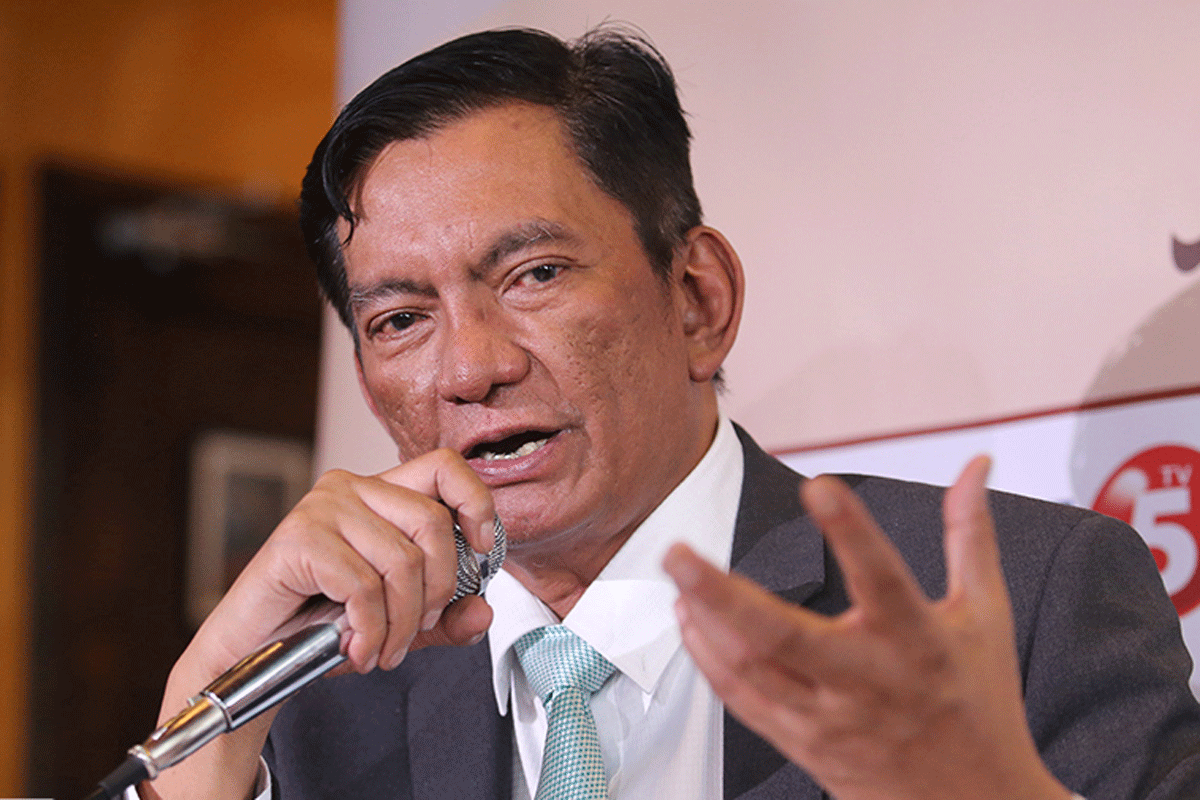
More renewable energy sources for PH sought
HOUSE committee on ways and means chairman and Albay 2nd District Rep. Joey Sarte Salceda has said that the country needs more renewable energy sources “especially solar and wind power.”
Salceda stressed this following an energy reserve thinning this week that resulted in the National Grid Corp. of the Philippines (NGCP) issuing a yellow alert.
The warning was issued after five power plants with a total capacity of 1,230 megawatts (MW) went on forced outage.
“Coal prices are up, and coal accounts for as much as 52% of the country’s energy. That’s not a diverse portfolio at all. What’s more, coal is extremely easy to game if you are a generation company. If you cite ‘maintenance issues,’ or even a ‘lack of supply,’ you could manipulate power generation, and thus prices,” Salceda said.
“Furthermore, even when we produce our own coal, much of it is not at the quality required to fuel power plants, so we import, and are basically dependent on the peregrinations of coal prices,” Salceda said.
“What we need is more indigenous renewable energy. I particularly favor solar and wind because generations companies cannot game them as much. You can’t stop the wind or the sun from producing energy, so it makes it very difficult for companies to manipulate supply. It’s almost out of their hands, really,” Salceda added.
“As a result, these sources can also threaten to undercut uncompetitive practices in non-renewable sources, since there would be cheaper energy sources available at the spot market,” Salceda explained.
Salceda said, however, that government offices have to deal with applications for renewable energy plants faster.
“For solar, which requires a significant land area, and in some cases for wind, you need land conversion. That tends to be a problem, especially since you are dealing with the Department of Agriculture, the Department of Environment and Natural Resources, and the Department of Agrarian Reform,” Salceda said.
“The Energy Virtual One-Stop Shop (EVOSS) helped significantly cut processing time and made compliance easier, but the capacity of agencies to process conversion applications from energy companies isn’t there yet,” Salceda added.
“I think the solution is not to approve them as separate agencies with separate requirements, but to compose a committee for land conversion for energy projects so that they can be discussed collaboratively,” he said.
“The model we can follow is that of the Fiscal Incentives Review Board, which basically allows many agencies to weigh in on an application, instead of allowing each of them to delay the investment,” Salceda said.





